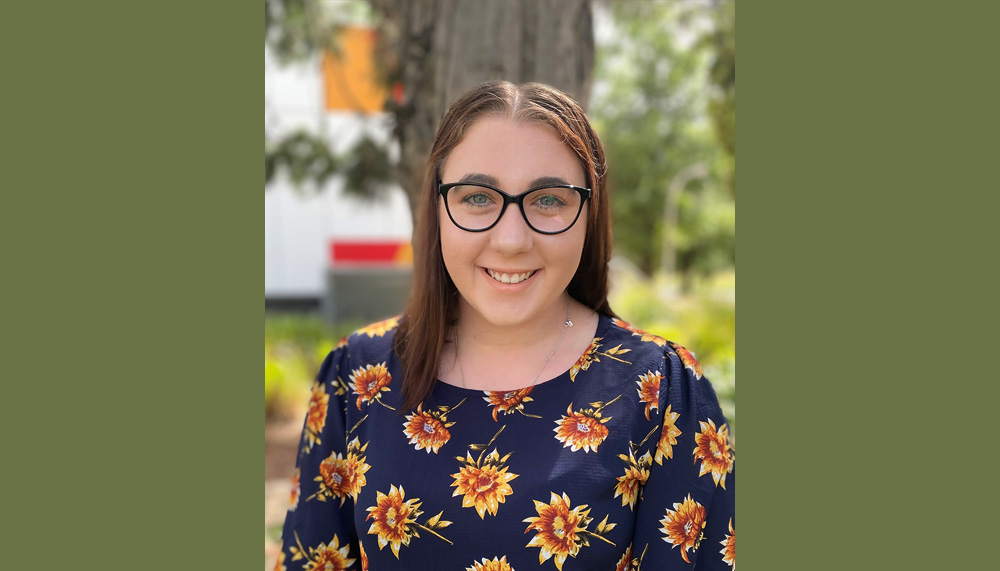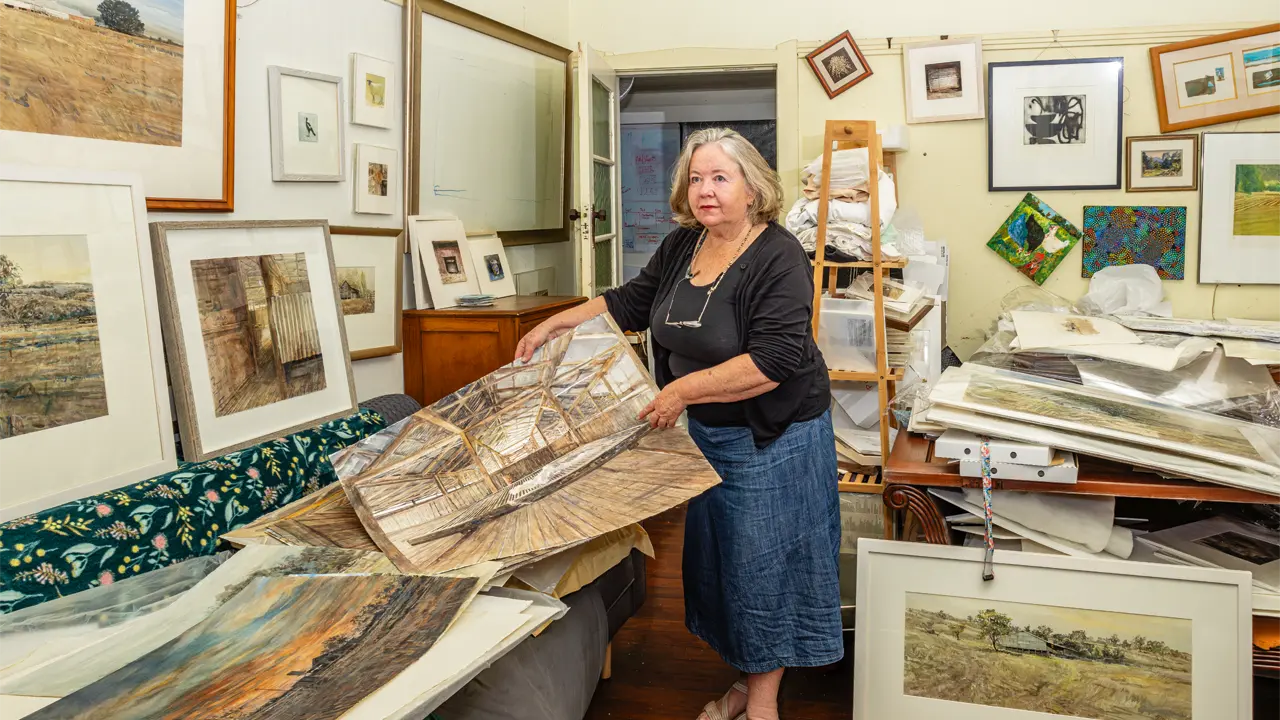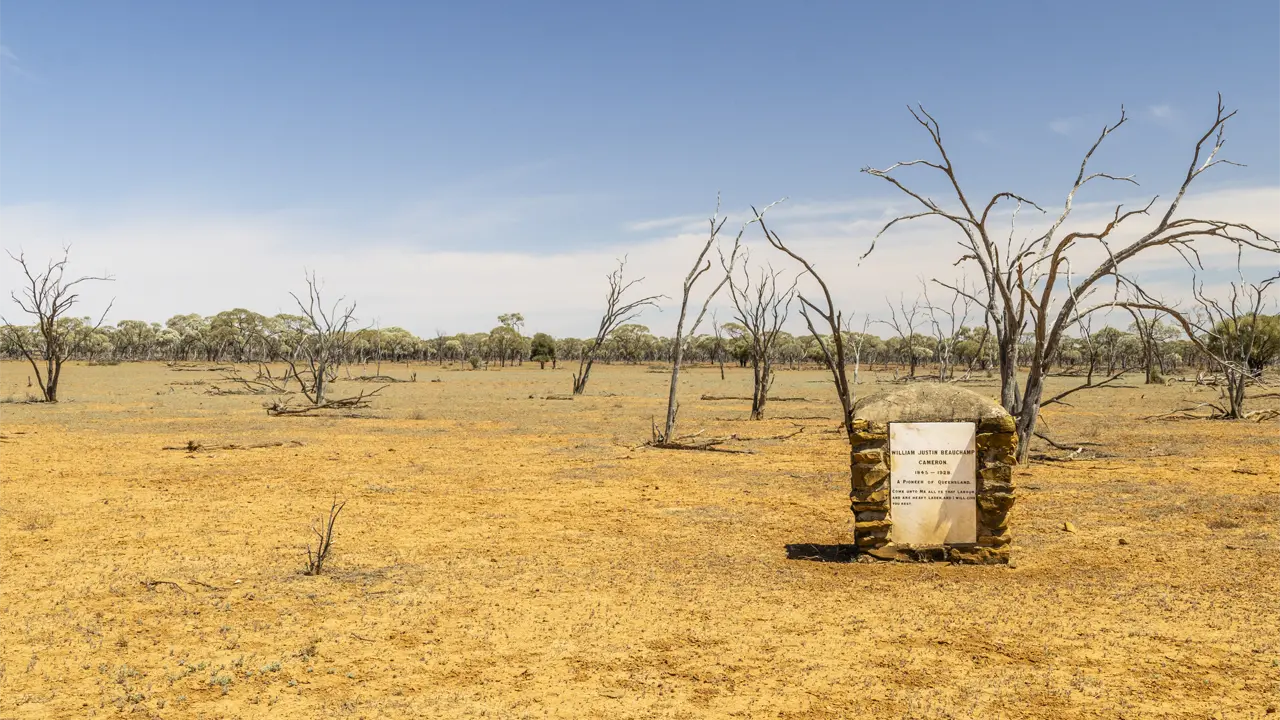Caitlin Davey is the first PhD student at the University of New England’s world-first Centre for Rural Criminology.
Story Ken Eastwood
When Caitlin Davey was growing up in Wauchope, on the mid north coast of NSW, she had a surprising career goal in mind. “My dream job was to work in a prison and be a forensic psychologist,” she says. “I’ve always wanted to work in the criminology space.”
She’s not sure what started this lifelong obsession, but it has included having a ‘crime scene kit’ as a child and outlining ‘bodies’ on her driveway, as well as loving crime fiction, crime TV and undertaking legal studies at school.
Caitlin went on to do a Bachelor of Psychological Science while working at custodial centres in Queensland and Victoria. Then, in 2018 she was completing her Bachelor of Criminology at the University of New England (UNE) in Armidale when it opened up a new Centre for Rural Criminology, believed to be the only centre of its kind in the world dedicated to research on rural crime. After completing the centre’s pilot courses with 20 or so other students, Caitlin is now its very first PhD student, embarking on a three-year research project that aims to provide fresh insights into re-offending rates by Aboriginal people after they leave custody.
“My interest came from working in the correctional centre and engaging with these guys who get released. Six months later they’re back in custody,” Caitlin says. “More often than not there was further offending.”
With Biripi heritage on her mother’s side, Caitlin is examining attitudes about crime and punishment, prejudices and access to services in rural communities that could be a factor in Indigenous people reoffending. “There are a lot of factors that go into reoffending,” she says. “There are a lot of moving parts there. Where are those prejudices and punitive attitudes coming from, and how does that affect the Aboriginal people who live there?”
Caitlin commenced her PhD at the beginning of 2021.
This story excerpt is from Issue #140
Outback Magazine: December/January 2022









